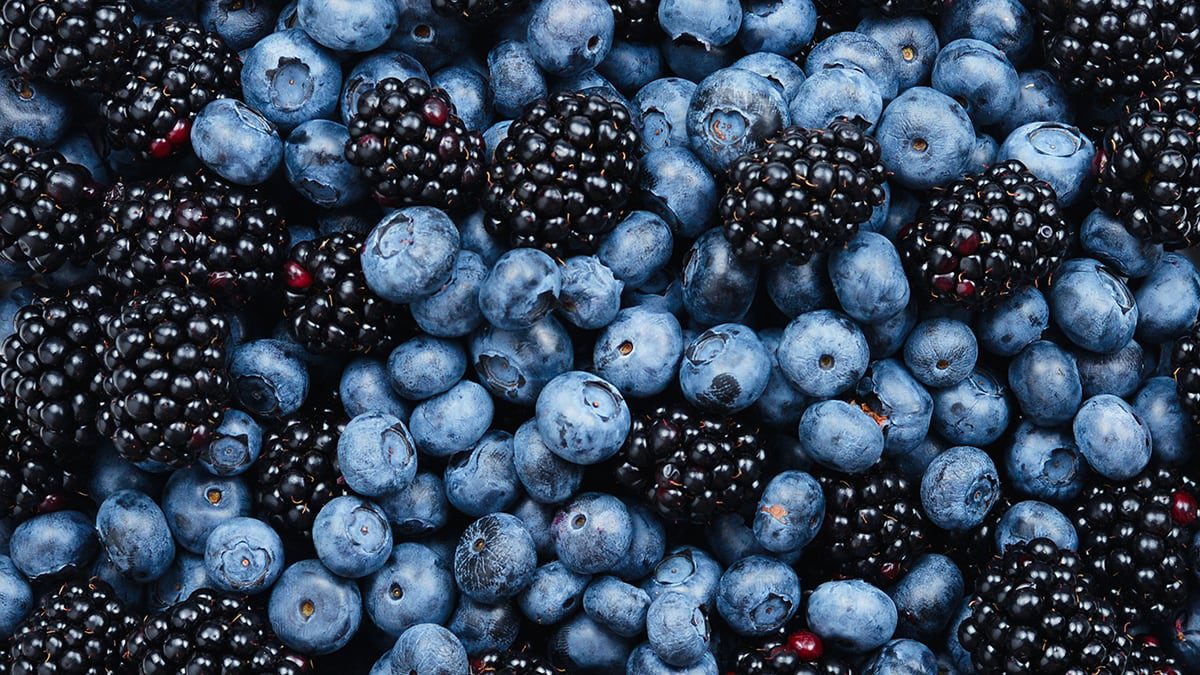Nootropics 101: A Guide to Brain-Boosting Supplements and Foods

In today’s fast-paced world, more people are looking for ways to stay sharp, focused, and mentally resilient. That’s where nootropics come in. These cognitive enhancers, which include both natural substances and targeted supplements, are gaining popularity among students, professionals, athletes, and wellness enthusiasts alike.
Whether you’re trying to manage mental fatigue, improve concentration, or support long-term brain health, understanding what nootropics are and how they work, can help you make informed decisions.
What Are Nootropics?
Nootropics are compounds that may support cognitive function, particularly memory, focus, mental clarity, and learning. The term was first introduced in the 1970s by Romanian psychologist Dr. Corneliu Giurgea, who described them as substances that enhance brain performance without harmful side effects.
Today, nootropics are typically grouped into three categories:
- Natural compounds, such as herbs, amino acids, and adaptogens
- Nutrients, including vitamins, minerals, and omega-3 fatty acids
- Synthetic compounds, such as racetams and modafinil (prescription only)
This guide focuses on natural and over-the-counter nootropics that are commonly used for everyday cognitive support.
Natural Nootropic Supplements to Know
Here are several well-known nootropic ingredients and what research currently says about their cognitive effects:
1. Caffeine + L-Theanine
Caffeine is one of the most widely consumed nootropics. It enhances alertness and attention by blocking adenosine, a neurotransmitter that promotes drowsiness. When paired with L-theanine, an amino acid from green tea, the combination may reduce jitteriness and promote calm, focused energy. This duo is found in both supplements and tea.
2. Ginkgo Biloba
Extracted from the leaves of the ginkgo tree, this compound may enhance blood flow to the brain and support attention and working memory, especially in older adults.

3. Lion’s Mane Mushroom
Lion’s Mane has shown potential for supporting neurogenesis by promoting the production of nerve growth factor (NGF). While early studies are promising, more research is needed to confirm its long-term effects.
4. Bacopa Monnieri
Traditionally used in Ayurvedic medicine, Bacopa may improve memory retention and cognitive processing speed, particularly when taken consistently over time.

5. Rhodiola Rosea
An adaptogen used in traditional medicine, Rhodiola may help reduce mental fatigue and improve cognitive performance under stress, especially during periods of high demand.
6. Magnesium and 5-HTP
Magnesium supports muscle relaxation and nervous system regulation. Paired with 5-HTP – a serotonin precursor derived from Griffonia seed. This combination may aid mood balance and sleep quality, and is often used in recovery-focused nootropics.
7. Phosphatidylserine and B Vitamins
Phosphatidylserine supports cell membrane integrity in the brain and may help improve memory and attention. B vitamins (B1, B3, B5, B6, and B12) are essential for energy metabolism and brain function, and deficiencies can lead to fatigue and cognitive decline.
8. Alpha GPC and CDP-Choline
These are highly bioavailable forms of choline, a nutrient needed to produce acetylcholine, which plays a key role in learning and memory. They’re commonly used in nootropic formulas aimed at enhancing mental clarity.
Brain Foods That Support Cognitive Function
In addition to supplements, many everyday foods offer brain-supporting benefits:
Omega-3-Rich Foods
Omega-3 fatty acids, especially DHA, are crucial for brain structure and function. Good plant-based sources include walnuts, chia seeds, flaxseeds, and algae-based supplements.

Berries
Blueberries and other dark berries are rich in antioxidants, which may help protect brain cells from oxidative stress and support memory and learning.
Leafy Greens
Vegetables like kale, spinach, and broccoli are high in nutrients such as vitamin K, lutein, and folate, all of which support brain function and may help slow age-related decline.
In fact, a 2021 review published in Nutrients found that a Mediterranean-style diet, rich in these foods, was associated with better cognitive function in older adults.
Are Nootropics Safe?
Most natural nootropics are safe for healthy adults when used appropriately. However, it’s important to:
- Start with low doses and assess your tolerance
- Check for interactions with medications
- Choose products from reputable brands
If you’re unsure where to begin, speaking with a healthcare provider or registered nutritionist can help you determine the right approach for your needs.
How to Choose a Nootropic Supplement
If you’re considering supplementation, look for formulas that:
-
Use research-backed ingredients in clinically relevant doses
-
Align with your specific goals, such as focus, memory, stress, or sleep
For example, Edge includes Alpha GPC, Bacopa Monnieri, and B vitamins to support focus and mental performance. Other options like Boost or ZZZZs offer support for energy and sleep, depending on your needs.
Final Thoughts: Building a Smarter Routine
Understanding nootropics is about more than just choosing the right supplement. It’s part of a larger picture that includes sleep, nutrition, movement, and stress management.
Used thoughtfully, nootropics can help you stay mentally sharp, whether you’re navigating demanding workdays, studying for exams, or simply aiming to support long-term brain health.
References


















